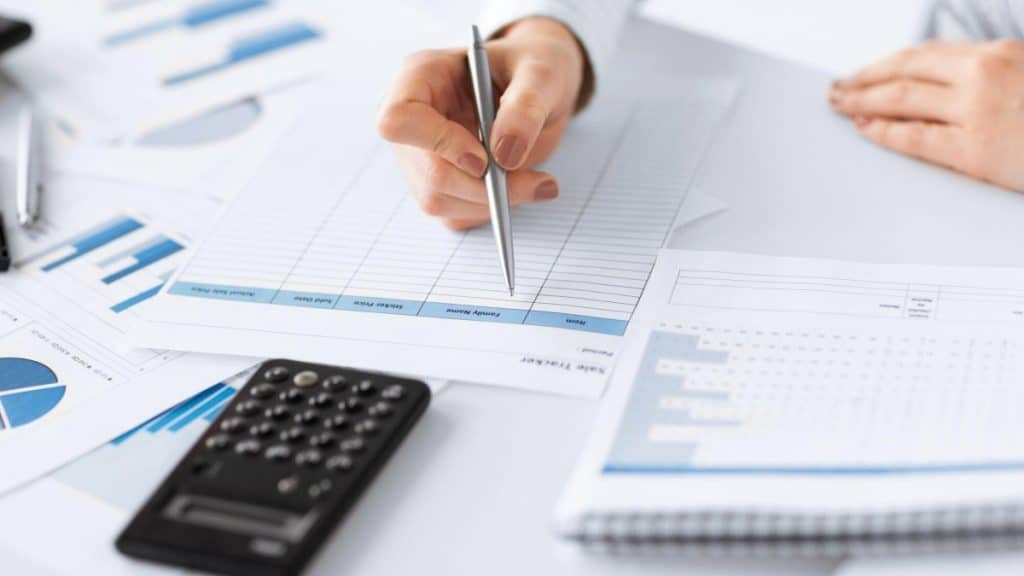Are you a landlord wanting to streamline your financial management?
Dive into our guide on rental property accounting. Learn to track transactions, analyze income, and boost profitability.
Discover how to create income statements, manage deposits, enforce fees, and use accounting software.
Gain insights on budgeting, metrics, and financial reporting to elevate your landlord accounting game.
Let’s embark on this journey together to enhance your rental business’s financial health.
Record Keeping Best Practices
In the landlord’s guide to rental property accounting, implement meticulous record keeping practices to ensure accurate financial tracking and reporting.
Utilize software or spreadsheets specifically designed for accounting for rental property to track transactions efficiently.
Keep detailed records of all income and expenses related to property management accounting.
Regularly analyze your real estate accounting reports to identify trends and areas for financial optimization.
Conduct bank reconciliations consistently to maintain precise financial records.
By adhering to these practices, you can streamline your property management accounting processes and make informed financial decisions.
Choosing the Right Accounting Method
Transitioning from meticulous record-keeping practices, you should carefully consider the accounting method that best suits your rental property business. Choose between cash and accrual basis accounting, where cash basis records transactions when they occur, and accrual basis tracks scheduled transactions. Factors like annual revenue should guide
your decision. Seek professional advice to determine the most suitable method for your business.
Properly documenting expenses is crucial for reducing taxable income and maximizing profits. Establishing and adhering to a budget is essential for effective real estate accounting. Utilize rental property accounting software for budget tracking and efficient financial management.
Regularly track metrics like cash flow to assess profitability and ensure the financial health of your rental business.
Managing Income and Expenses
When managing your rental property’s income and expenses, prioritize accurate record keeping and strategic financial planning. Keep detailed records of rental income sources such as rent payments, late fees, and other agreements. Document expenses including repairs, mortgage interest, marketing, and employee salaries meticulously to optimize profitability.
Establish a budget and stick to it, using rental property accounting software for efficient tracking. Proper documentation of expenses is crucial for reducing taxable income. Additionally, consider utilizing property management software for streamlined fee collection and tracking.
Regular financial reporting and tracking metrics like cash flow will help you assess the health of your rental business effectively.
Handling Security Deposits and Fees
As a landlord managing income and expenses, continue to prioritize accurate record keeping and strategic financial planning when handling security deposits and fees. Ensure security deposits are appropriately stored in accordance with the law and refunded promptly at lease end.
Enforce fee policies to uphold tenant accountability and use property management software for efficient fee collection and tracking. Keep detailed records of all security deposit transactions and fees paid by tenants.
Consider utilizing rental property accounting software to streamline this process and maintain organized financial records. By staying diligent in your record-keeping and fee management, you can protect both your interests as a landlord and the rights of your tenants.
Leveraging Accounting Software and Metrics
To effectively manage your rental property finances, you can optimize efficiency and gain insights by leveraging accounting software and metrics.
Rental property accounting software, priced between $15-70 per month, offers round-the clock customer support and automation for easier organization during tax season. By utilizing technology for automated record-keeping, you can streamline processes and ensure accurate financial reporting, crucial for monitoring your rental business’s health.
These software platforms also allow you to track metrics such as cash flow, providing valuable insights to assess profitability. Take advantage of these tools to enhance your financial management practices and make informed decisions for the success of your rental property business.
Conclusion
Now that you have all the tools and knowledge to streamline your rental property accounting, you can confidently manage your finances and maximize profitability.
By implementing record-keeping best practices, choosing the right accounting method, and leveraging accounting software, you can effectively track transactions, analyze income and expenses, and maintain the financial health of your rental business.
Keep up with regular financial reporting and stay on top of budgeting to ensure success in your landlord accounting endeavors.

